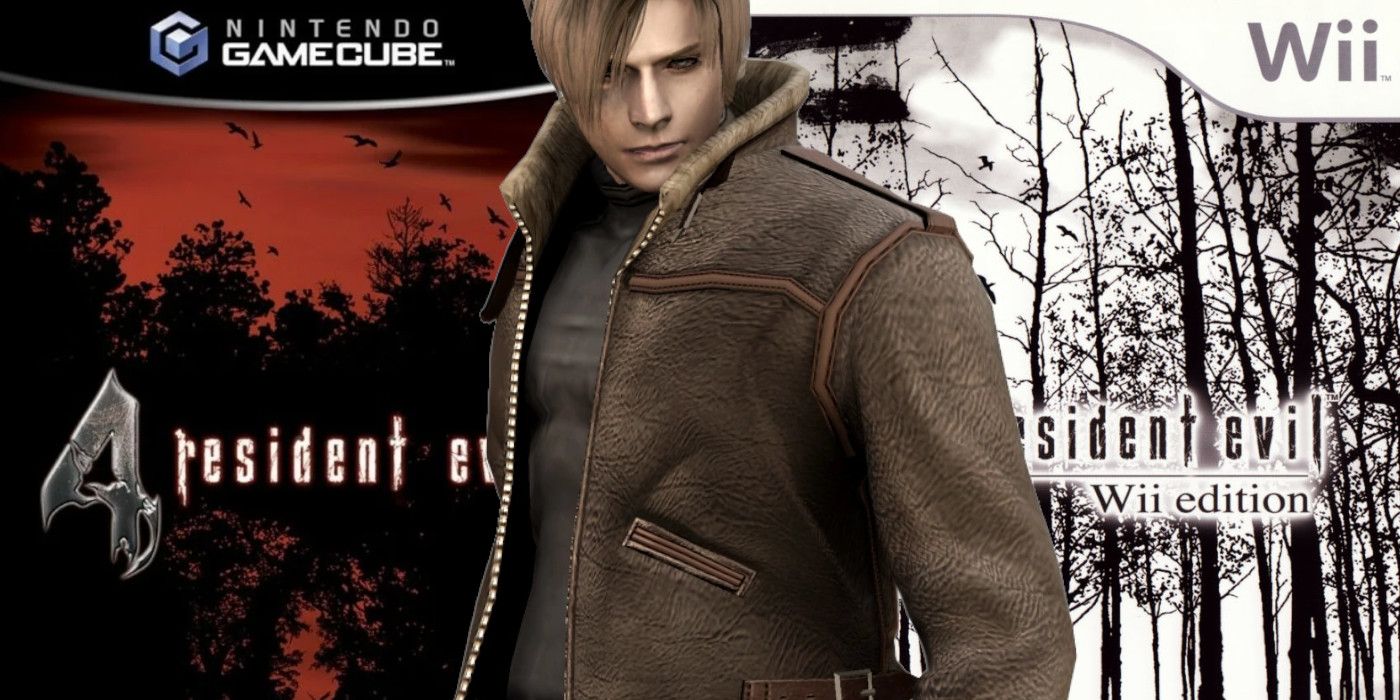
Resident Evil 4 is one of the industry's most iconic games. It is a landmark survival horror-action hybrid that's situated between sixth and seventh-generation design philosophies. Its stunning iconography, tense gameplay and memorable scenarios have cemented its legacy. Additionally, Resident Evil 4's myriad ports have cemented its ubiquity. Like The Elder Scrolls V: Skyrim, Resident Evil 4 is ported to the point of parody. However, given Resident Evil's age, many of these ports are substantial and worthy of discussion.
The conversation around Resident Evil 4 has been sparked back up by the recent Resident Evil Showcase, which naturally delved further into the upcoming Resident Evil Village. However, Capcom found time to add yet another Resident Evil 4 port to the pile, this time bringing the game to Oculus Quest 2. With it, there are seemingly countless versions of Resident Evil 4. However, not all are equally well-received, nor do they all have the impact of the following five versions.
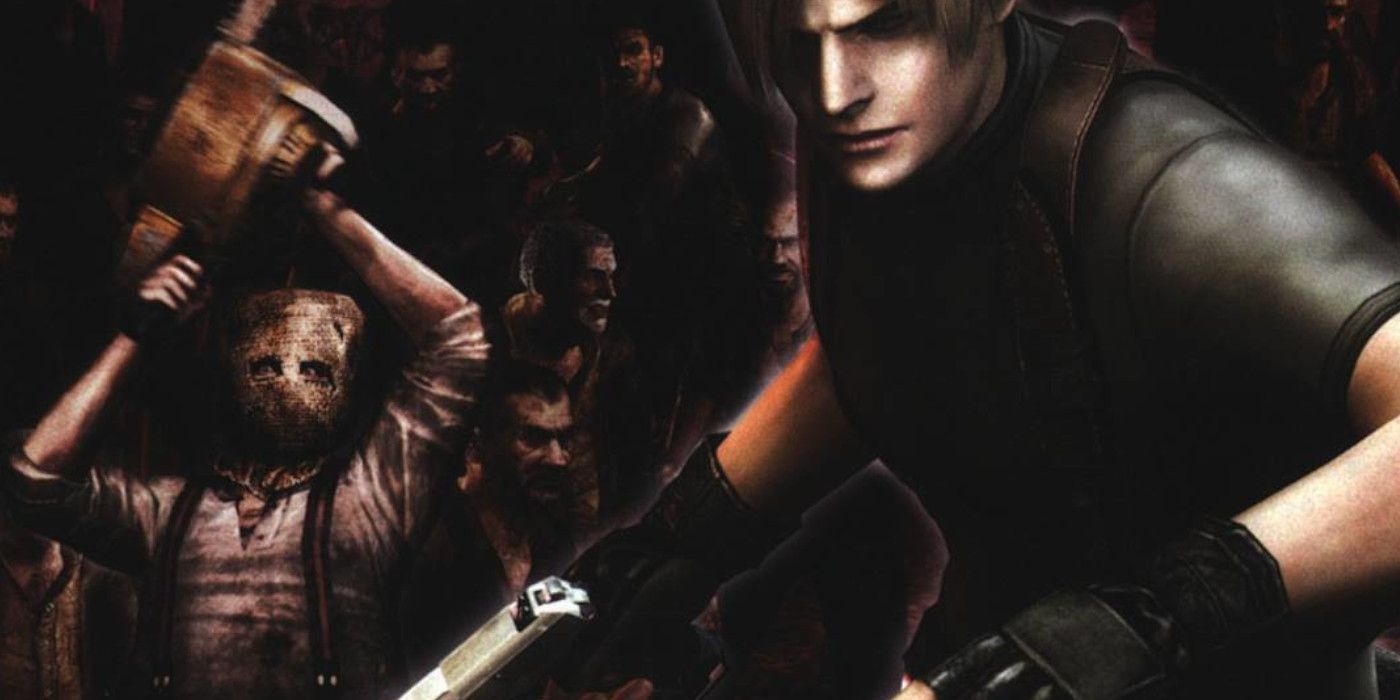
Before Resident Evil 4 went multiplatform, it was only on GameCube. For many, the authenticity of this version cannot be beaten. Resident Evil 4's design is so timeless that the original port still feels elegant today. This is the result of an incredibly disastrous development cycle in which several versions of the game were conceptualized and canceled. One of these early versions even proved to be the inception of another Capcom classic, Devil May Cry.
However, once the tumult of development had concluded and Resident Evil 4 had been pressed onto disc, it received immediate acclaim. At a time when GameCube was floundering and labeled as a kiddie system, Resident Evil 4 was a definitive counterpoint to the console's criticisms. The game was a key exclusive for a short time.
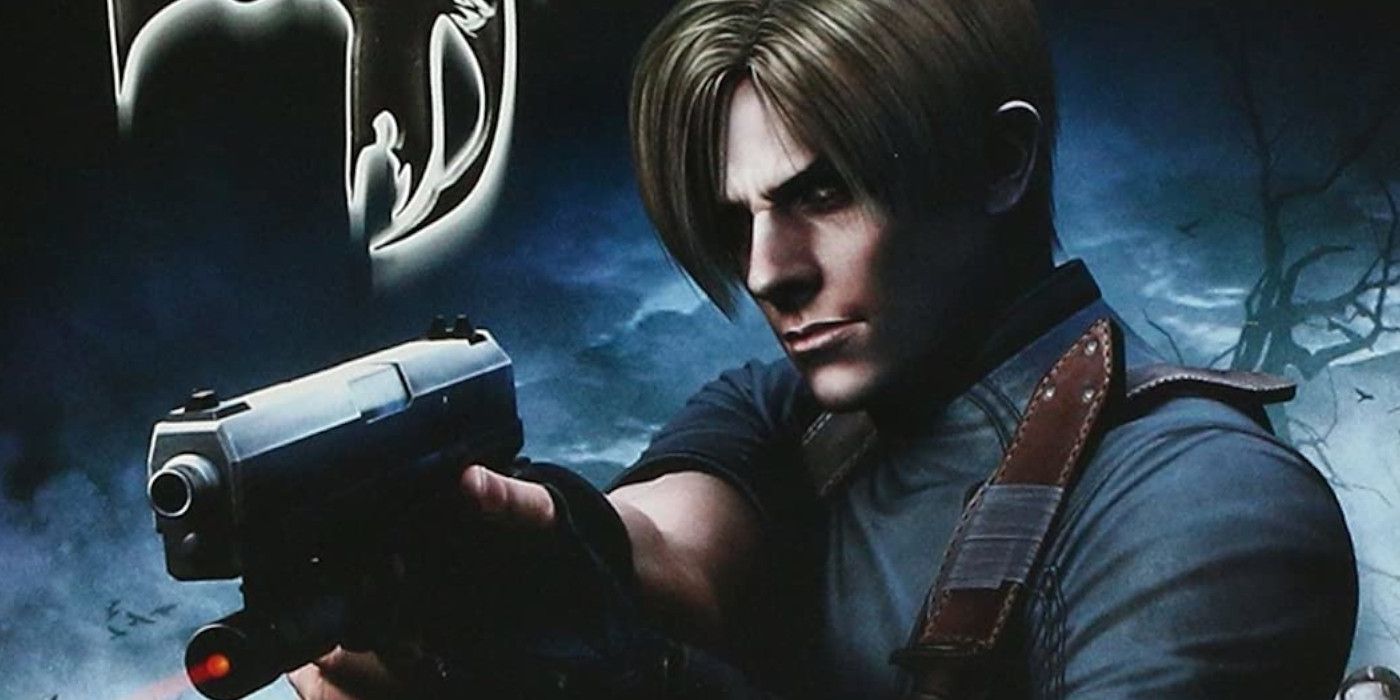
Resident Evil 4's exclusivity was short-lived, as Capcom saw GameCube's writing on the wall. The game was ported to the incredibly successful PlayStation 2 with a host of excuses and justifications in tow. Regardless of the production controversy, Resident Evil 4 arrived on PlayStation 2 mostly intact. As the system lacked GameCube's horsepower, it is a comparatively less impressive version of the game technically. Visually the game was muddy, which undercut the crisp ambiance of the GameCube release.
However, the PlayStation 2 port compensated with a host of exclusive features. The most significant among them is Separate Ways, a campaign addendum that explores Ada Wong's perspective and backstory. This was a particularly compelling piece of content, as Ada's presence in the core game is relegated to the margins. Given this expansion and the other, smaller additions, the PlayStation 2 port of Resident Evil 4 has merit. Still, it lacks technical fidelity.
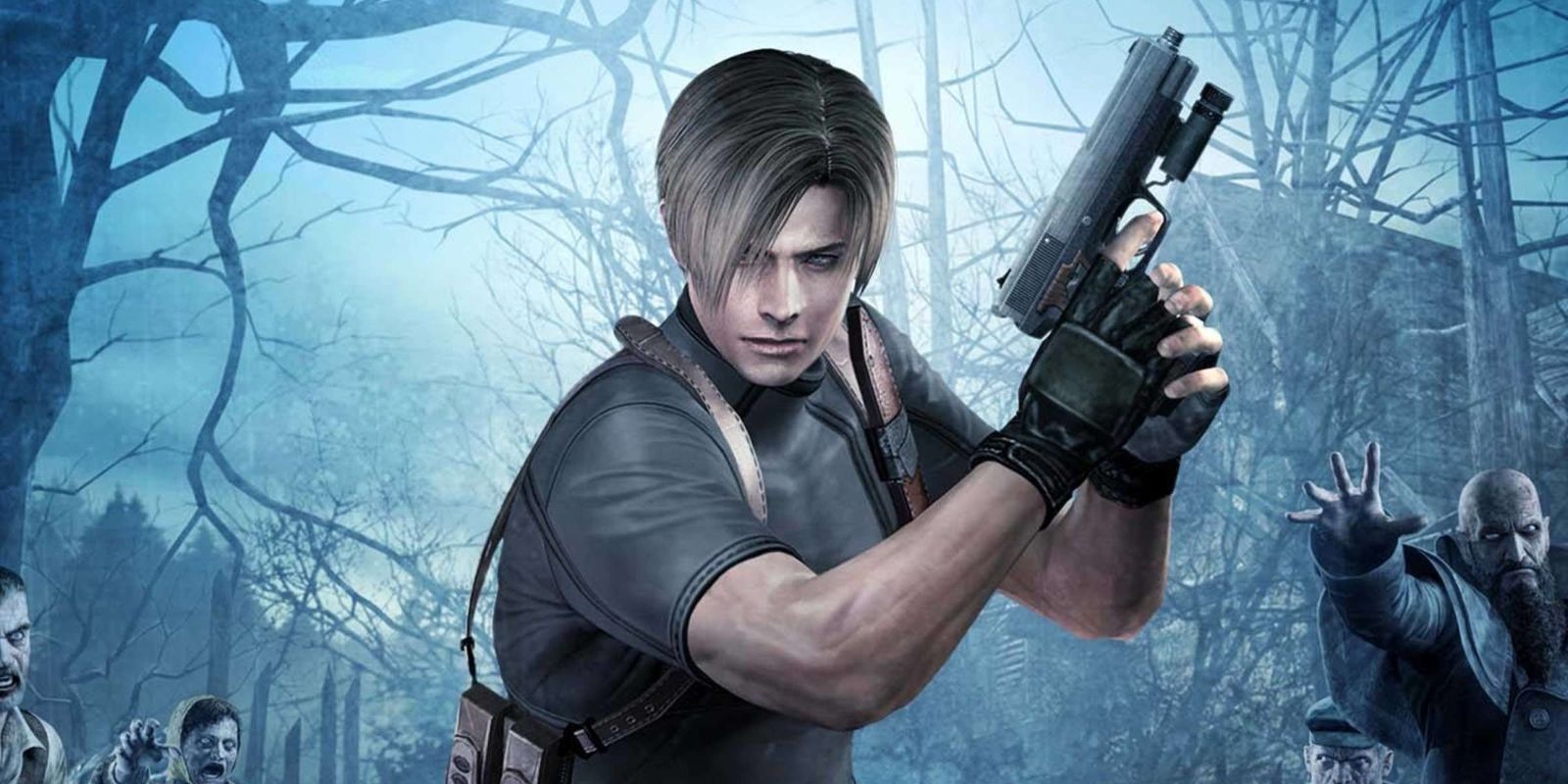
The Nintendo Wii was a lot of things, but it wasn't a system for hardcore gaming. Between the focus on casual software and a lack of horsepower, third-party content on the system was watered down and largely irrelevant. Still, the Wii port of Resident Evil 4 is largely considered to be the overlooked favorite. This is due to the same gimmick that the Wii was derided for: motion control.
Motion aiming proved to be a revelation, and the entire gameplay experience was better for it. Smoother gunplay and quicker knife combat sped Resident Evil 4 up and offered an acute level of precision. Additionally, Wii Edition retained the GameCube's visuals in large part, while also retaining the bonus content of the PlayStation 2 release. Sony may have stolen one of Nintendo's exclusives, but Nintendo got the last laugh with arguably the best version.
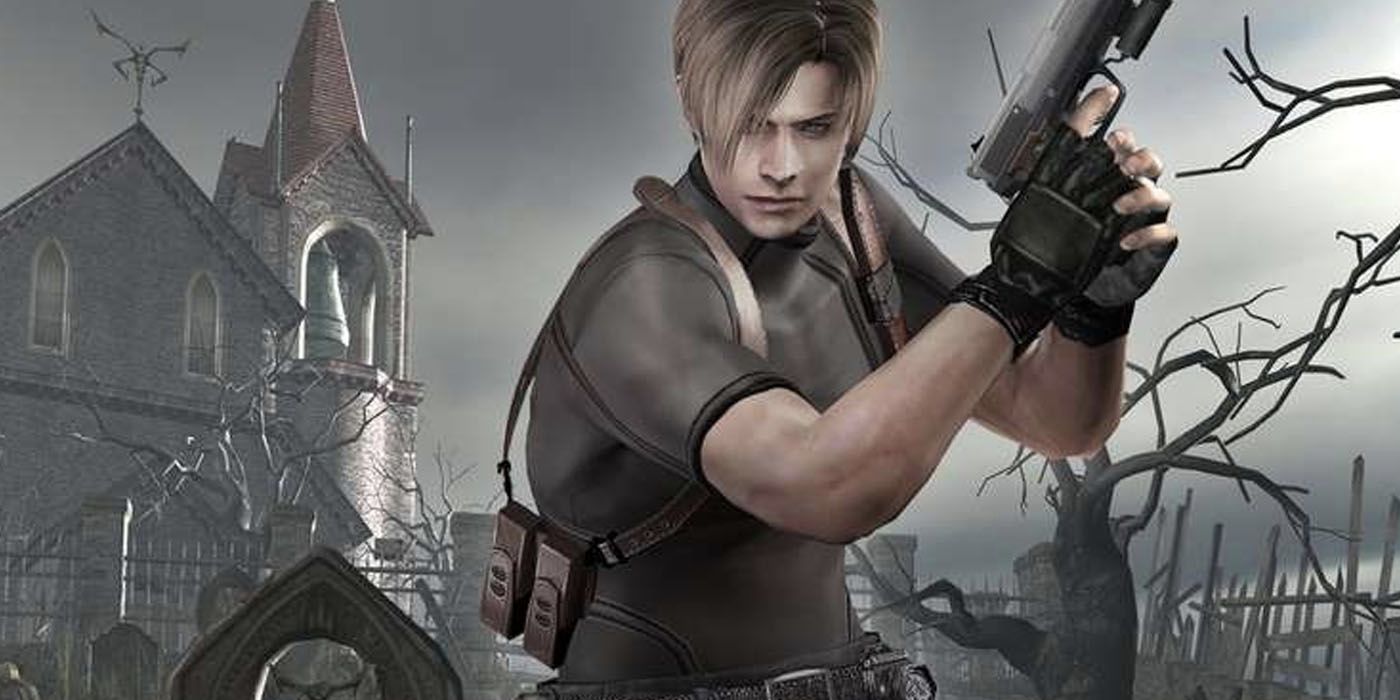
The legacy of HD Resident Evil 4 ports is fairly complex. The most recognizable and accessible HD versions on PlayStation 4, Xbox One, and Nintendo Switch. These are derived from PC's Resident Evil 4 Ultimate HD Edition. This iteration had its share of technical issues. The early days of the Ultimate HD Edition on PC were especially rough, with fans having to mod in a lot of missing textures and repair buggy elements.
However, it eventually reached a point of stability and was ported to the eighth generation systems. On the whole, this version is rather good. There are some strange technical discrepancies, such as some animations running at a lower framerate than the rest of the game. However, this is a polished, content-rich and modern way to play Resident Evil 4. The biggest drawback is platform-specific. The Switch version lacks gyro control, which could've made it the ultimate way to play, supplanting Wii Edition.
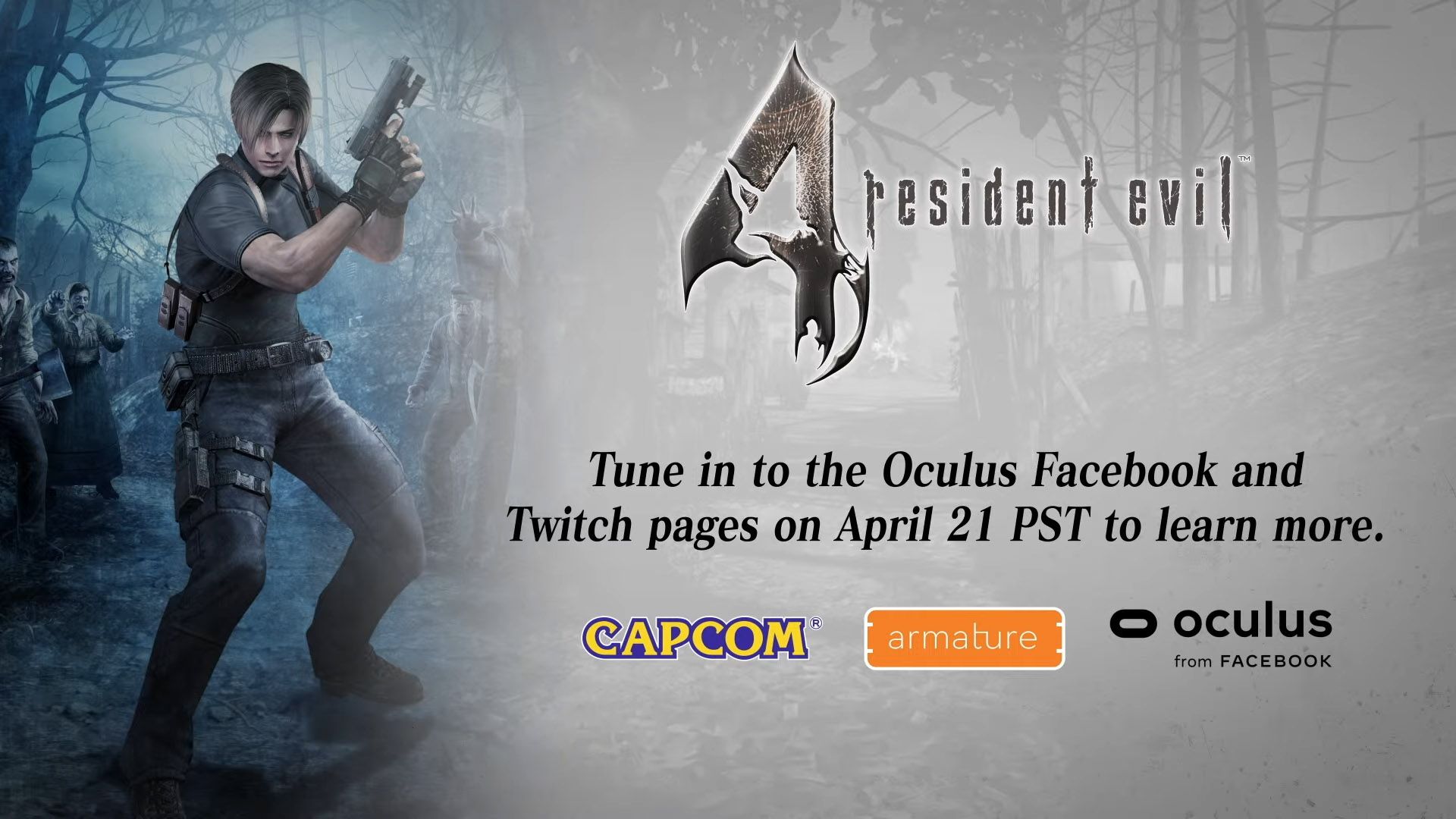
The most recent port of Resident Evil 4 is the aforementioned Oculus Quest 2 version. Currently not much is known about the game. Although, more information is planned for April 21's Oculus Gaming Showcase. In the meantime, the concept of Resident Evil 4 in VR alone is keeping fans engaged.
Much like the PlayStation VR version of Resident Evil 7: Biohazard, this version of Resident Evil 4 will surely offer a horrifying new perspective on the experience. While a lot of time has passed since Resident Evil 4's launch, the game is still intense, and that intensity will be heightened by virtual reality. It seems as though this version will also offer new gameplay options too, as dual-wielding is briefly shown off during the reveal. Only time will tell how extensive the modifications to the game are.
0 Comments